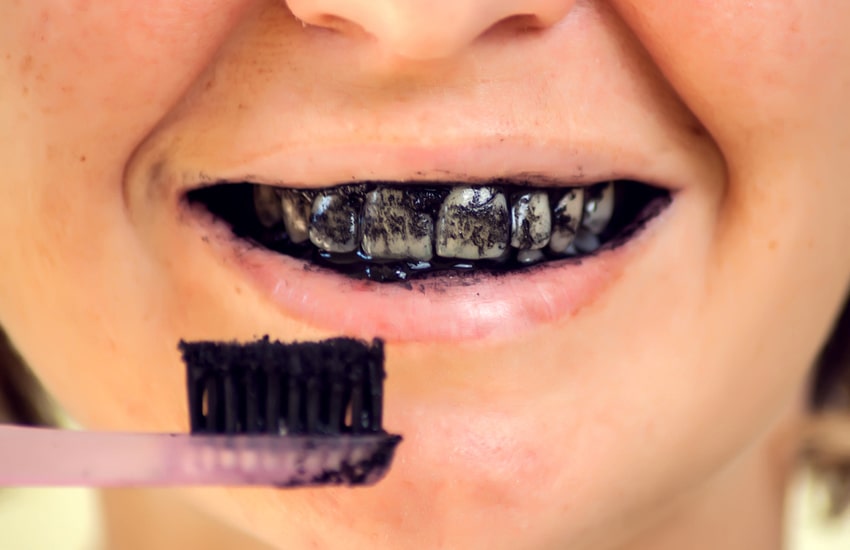
There are all sorts of products on the market today that claim to make your teeth whiter. Some of them work, but they do not compare to the results produced with professional teeth whitening. One popular product is charcoal toothpaste.
What is Charcoal Toothpaste?
Charcoal toothpaste is a product that helps support dental health and has been used to help improve the appearance of teeth. Charcoal or activated carbon is made from burned natural, plant-based materials like oak wood or coconut shells. Activated charcoal is thought to help eliminate unwanted bacteria, prevent viruses, and reduce tartar buildup.
It is also intended to help whiten teeth removing surface stains. Those who swear by charcoal toothpaste recommend using it alongside regular toothpaste instead of replacing it, which supposedly boosts the product’s benefits. While charcoal for oral health has been popular for some time now, its effectiveness is primarily subjective. Modern treatments like regular cleanings paired with professional teeth whitening have science to back up results.
Considering Charcoal toothpaste? Here are a few things to keep in mind:
- Too abrasive to use every day: Charcoal has mild abrasion, though it is too abrasive for daily use. It could cause damage to the enamel of the teeth, causing your teeth to appear more yellow and become sensitive.
- Does not have fluoride: Fluoride helps keep your tooth enamel strong and protects your teeth against cavities and decay.
- Staining could occur: Charcoal particles can get caught in the small cracks of teeth, leaving teeth grey or black around the edges. It could produce the opposite effect of whitening your teeth.
- Many unknown effects: Charcoal toothpaste is still a new trend, and the long-term impact it has on teeth and dental restorations like veneers or bridges is undetermined.
Pros for charcoal toothpaste use include:
- Helps remove surface stains on the teeth
- Can help with bad breath
- Prevents stains when used on occasion
Cons of using charcoal toothpaste include:
- Abrasiveness wears down tooth enamel
- Not being able to remove stains below the enamel
- Sensitivity in teeth
- No fluoride to prevent cavities and tooth decay
- Can stain older teeth and dental restorations
- Long-term effects are unknown
Despite how popular it is, you should be cautious if you are interested in using charcoal. Since the long-term effects are still unknown, you should discuss them with a dentist. At Foothill Dental Care, we are more than happy to consult with you on any of your other dental questions. Give us a call today at (925) 961-5484 .
